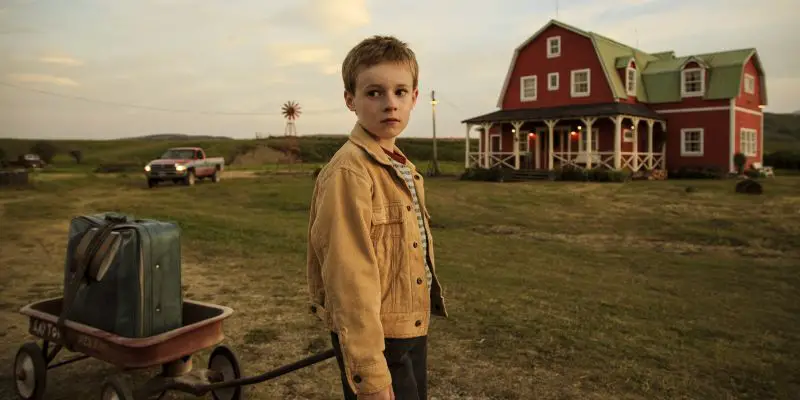adventure
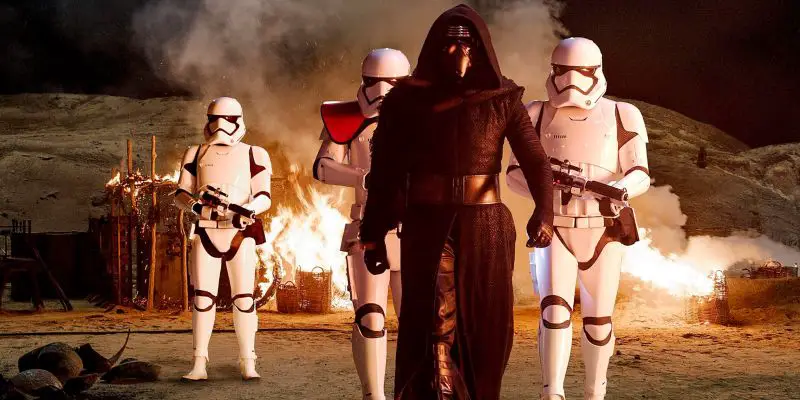
The cyclical nature of contemporary pop culture means that for every blockbuster released, a backlash is likely imminent over the course of its opening weekend, no matter how good the reviews. JJ Abrams knows better than anybody about the perils of falling victim to the hype train; despite critical and commercial success, mere weeks after its opening his Star Trek sequel Into Darkness was voted the worst Trek film of all time at a leading Trekkie convention. Taking fanboy rage on the chin, he has decided to follow this minor outrage by taking the directorial reigns of the new instalment of one of the most beloved franchises at all time, as audiences worldwide wait with bated breath to see whether or not he has (to use a common expression) “raped their childhood”.

Is it selfish for adults to demand more from children’s entertainment? Adults have access to a wealth of different mediums of entertainment to enjoy, so should we crave animated films, mostly intended for a younger audience, to cater towards adult audiences? Indicators of these include dealing with deeper and darker themes, adult-only jokes/pop culture references and generally being an entertaining film that doesn’t go for the lowest common denominator.
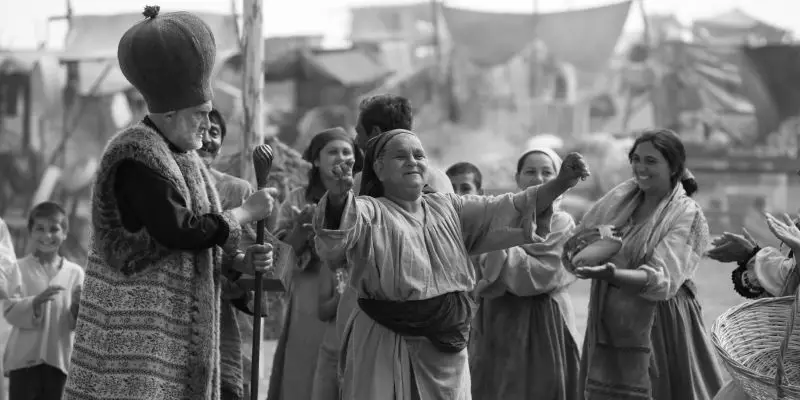
There are two thoughts that go through your head when you hear about a Romanian film which won the Silver Bear for its director Radu June (at the 2015 Berlin Film Festival), and which has been earmarked as the country’s entry into the Foreign Film category at this year’s Oscars. The first is that this must be a very good film indeed. The other is that this is the sort of film that groups of people gather around and agree is an artistic and important film, but ultimately it’s not very entertaining.

I love Joe Wright and while I was not overly interested in yet another version of the Peter Pan story, I was excited to see him take on Pan. But the very fact that it spent many more years in production than it probably should have, and the idea of Wright as a CGI movie director did make me uneasy. It turns out that I was right to feel that way, because while it must have been difficult to reinvigorate the Peter Pan story, the problematic production of Pan meant that this version of the story was always going to be something of a bust.
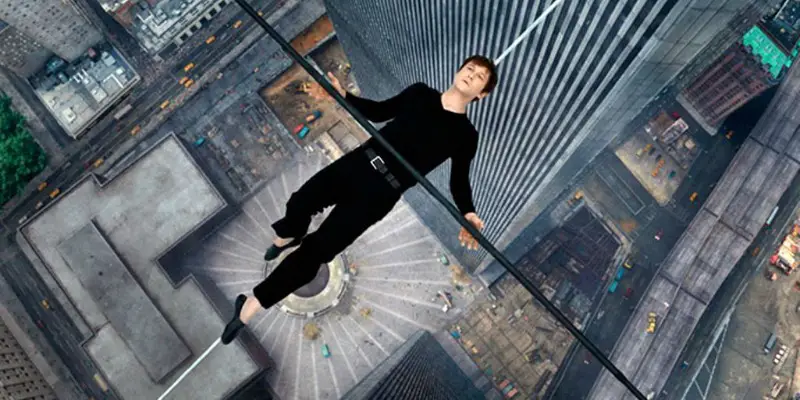
Remember when 3D movies dominated our cinematic landscape? No, not the 1980’s, where blurry red and blue glasses gave way to gimmicky horror films such as Jaws 3D and Amityville 3D. I’m also not talking about the early 2000’s, where 3D was turned over to children’s films, producing flops like Spy Kids 3 and The Polar Express.
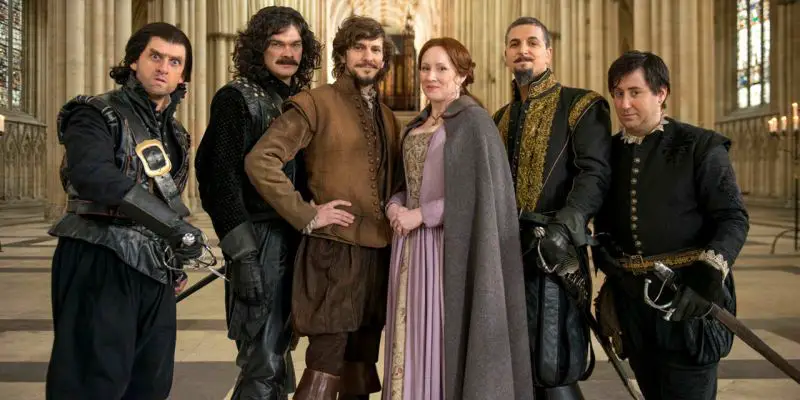
Bill is the first feature film from the comedy team behind Horrible Histories, a TV show which I have just this year become a huge fan of. For those of you not familiar with it, Horrible Histories is in theory a kid’s history show based on the books of Terry Deary. But what it actually is, is an incredibly funny and informative sketch show that appeals to adults and children alike.
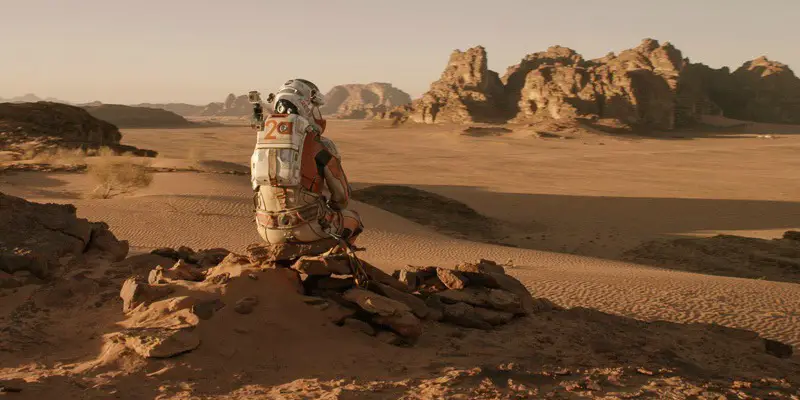
Some of the very best films are those that are immersive experiences. You immediately know after leaving the theater that you have witnessed something special, and for anyone to even suggest otherwise just seems inarguably wrong. The Martian is one of the few films that I have seen this year that has left such an impact.
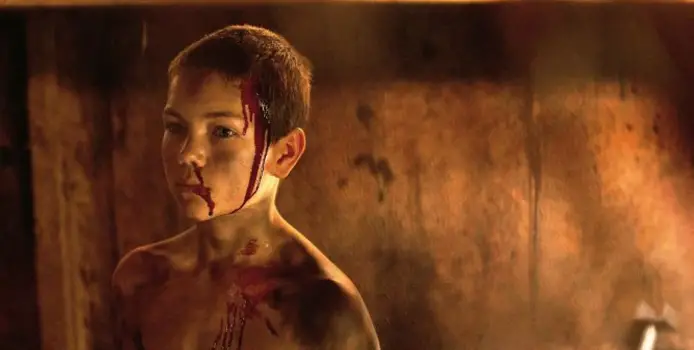
One problem with modern society at the moment seems to be an obsession with nostalgia, which is being milked by marketing companies. This has bled into the hipster movement and has lead to the larger debate of analogue vs digital as digital technologies develop. It is now bleeding into every aspect of pop culture, and it is one which can be seen in film.

Even though he’s often stereotyped as solely a director of inferior British gangster films, based on his first two releases Lock, Stock and Two Smoking Barrels and Snatch, Guy Ritchie is actually more of an experimental director than you may initially realise. Even though his early films were successful and enjoyable guilty pleasures, Ritchie had something of an insatiable need to be taken seriously, looking towards the European arthouse for inspiration. His third feature Swept Away, starring his then wife Madonna, was a remake of a satirical 1974 Italian film not widely known to international audiences.

Fantastic Four is a film that people wanted to hate from the start. First, there was the controversial casting of Michael B. Jordan as the traditionally white character Johnny Storm; shortly following this was the discovery that Victor Von Doom was a computer hacker instead of a brilliant inventor; finally, there was the casting itself, which involved younger characters just finishing high school, whereas most adaptations of the story present the Fantastic Four as adults.
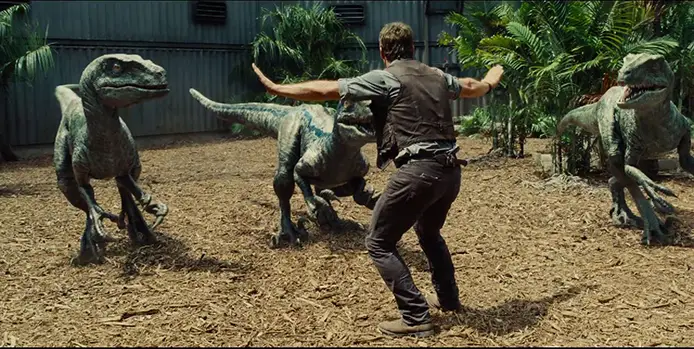
Two decades after the original Jurassic Park became the most successful film of all time at that point and ushered in the era of CGI, the blockbuster cinema landscape is very different. With Marvel Cinematic Universe, franchises six or seven sequels deep, and young-adult dystopias dominating the big releases more and more every year, original screenplays or adaptations of adult-oriented novels are struggling to make an impact – it is inconceivable that Steven Spielberg’s classic could have been released today with anything near the same level of success as in 1993. And so while the original film has a devoted fan base, few would have thought there was that much demand for a new Jurassic Park film, especially after its two increasingly inferior sequels.


